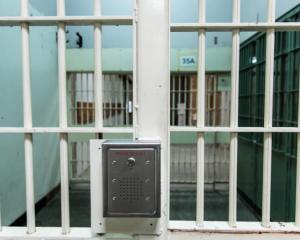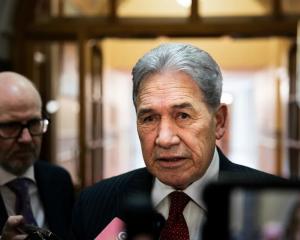Christchurch may face a 15.8 per cent rates increase later this year as the city council looks into cutting some community grants and selling properties.
The increase is higher than the 11.2 per cent proposed in December for the 2024/25 financial year, but lower than the 18 per cent Mayor Phil Mauger signalled in October.
The figure was released on Tuesday at the city council's 10-year Long-Term Pan budget briefing.
A 15.8 per cent increase would add $534 a year to the rates bill of an average property worth about $765,000.
But this figure will likely be changed before being confirmed in June.
The draft Long-Term Pan will be released on February 9 and then likely go out for public consultation later next month.
The city council attributed the rising rise to increasing costs, inflation, interest and insurance costs, and the cost of the stadium Te Kaha, which makes up 3.5 per cent of the increase.
A reduction in the dividend from the council’s investment company, Christchurch City Holdings Ltd, also made a 3.54 per cent increase.
The council had initially budgeted to receive $57 million in dividends but is now expecting $33 million.
The council may also consider the future of five public funds that grant money to various groups - city placemaking, biodiversity, sustainability, heritage and accessibility. Cutting all the funds would save about $1.47 million in 2024-25 and $1.2 million the following year.
Council staff recommended against closing the biodiversity fund because it would put past investments at risk, especially around weed and pest control.
The council also approved the sale of 16 Port Hills residential red zone properties last year to save money. Council head of city growth and property Bruce Rendall said questions had been raised by councillors about whether the properties could be offered back to the previous owners first but he did not believe it should do that because it would be too difficult to find them and many people had moved on. Mauger said the council was in the “financial doldrums” and councillors should not make it harder for staff to sell the properties.
The council is also considering winding up its $104 million capital endowment fund. The fund was created in 2001 using $75 million the council received from electricity lines company Orion selling its North Island gas network.
Councillors asked staff for a more detailed report on winding up the fund.













